New Moms, No Matter What
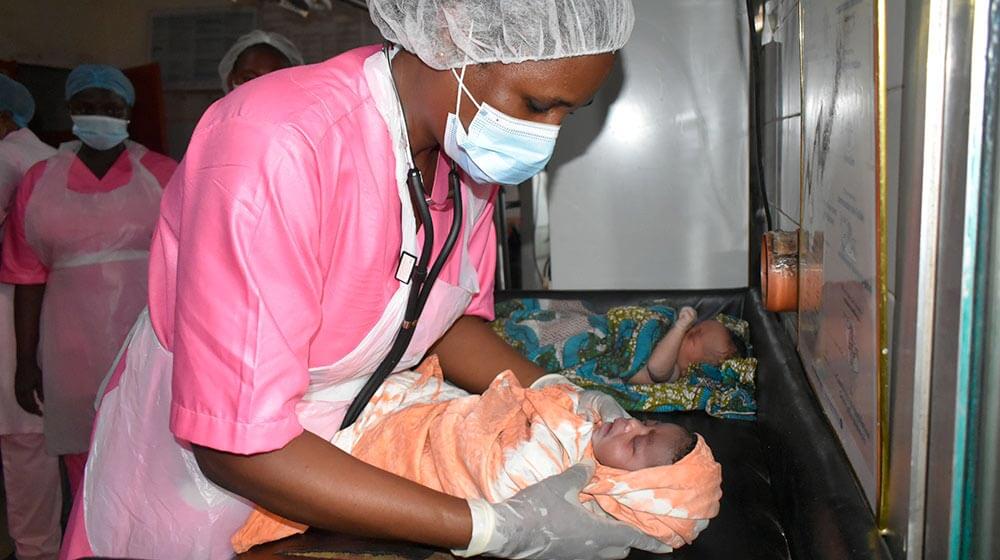
UNFPA provides crucial care to pregnant women, like prenatal care and safe delivery. But did you know that UNFPA also cares for new mothers after they’ve given birth? The first few days, weeks, and even year of a baby’s life are critical for the health of both the mother and baby. In fact, 75% of child deaths occur in the first week of life. The mothers of these children, as well as all new moms, face unique challenges as they recover from childbirth.
Here are some of the issues that new moms face and how UNFPA works to provide care, no matter what:
Birth injuries and infections
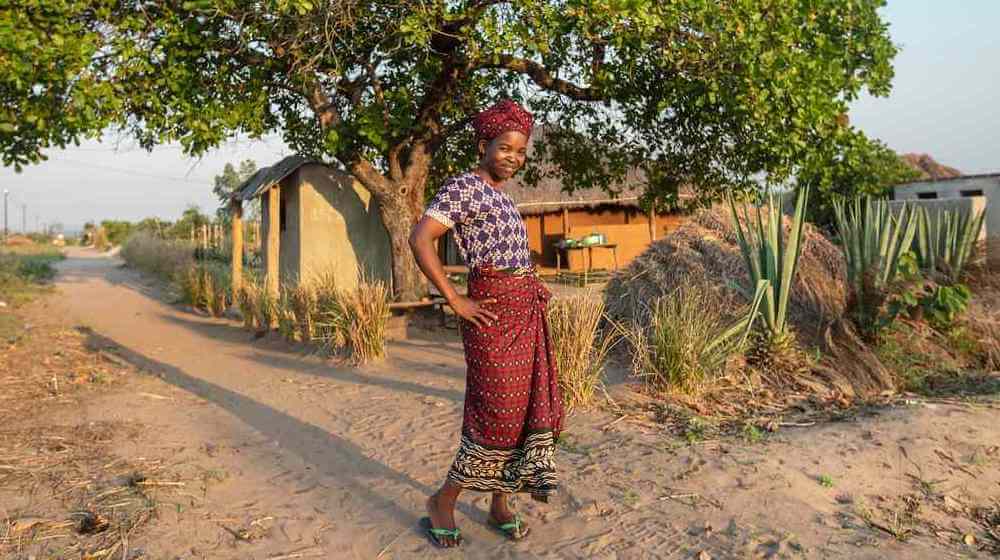
808 women die every day from preventable pregnancy and childbirth complications. But for every woman whose life tragically ends, another 20 to 30 women experience birth injuries and infections.
One of the most traumatic birth injuries is obstetric fistula, which can occur during obstructed or prolonged labor. A fistula is a hole or tear in the birth canal that causes the mother to leak urine or feces. In 90% of fistula cases, the baby is stillborn. Fistula is concentrated among the most disadvantaged women, like those experiencing poverty, who live in rural areas, or who have little decision-making power over their bodies. Young mothers are particularly at risk for fistula, as their bodies are not mature enough for childbearing. UNFPA provides fistula repair surgery to women living with the condition. Fistula survivors also receive psychosocial counseling and social support, as the condition often leads to abandonment and isolation.
Maternal mental health, including depression
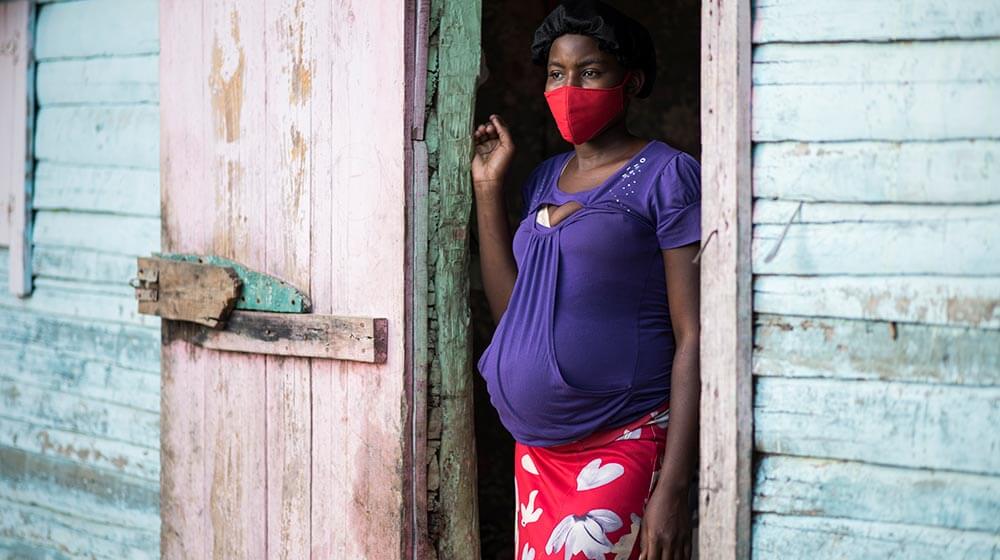
Maternal depression describes mental health conditions that can affect women during pregnancy and up to one year after childbirth. It is a serious and underdiagnosed issue that impacts up to 20% of women. Serious cases result in suicide. The mother can also lose the ability to care for herself and her baby, which can lead to developmental and behavioral issues. All pregnant women and new mothers are vulnerable to maternal depression, but women who experience poverty, migration, gender-based violence, humanitarian emergencies, and social isolation are especially at risk. One way UNFPA reaches women suffering from maternal depression is by supporting women-friendly safe spaces and community centers. At these spaces, new moms can receive psychosocial counseling and can develop support networks with other women, no matter what their circumstances are.
Preterm birth
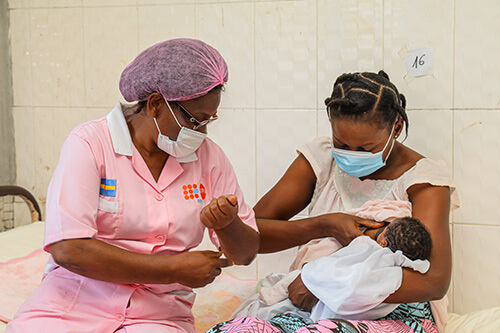
Around the world, more than 1 in 10 babies are born prematurely, or before 37 weeks of pregnancy. Preterm birth is the leading cause of child death and disproportionately takes place in low and middle-income countries. Adequate medical interventions during pregnancy and after childbirth could prevent most of these deaths. In middle-income countries, babies that do survive preterm birth are more likely to live with a disability.
There are several risk factors for preterm birth associated with poverty, instability, and lack of women’s decision-making power. Young mothers; women who have multiple pregnancies close together; survivors of gender-based violence; and women who don’t have access to prenatal health care due to migration or conflict are all more likely to experience preterm delivery. Luckily, there are a variety of effective solutions, like prenatal care, breastfeeding support, and even blankets. UNFPA works to support all mothers, including those living through humanitarian emergencies, with midwifery and psychosocial care. UNFPA also provides mama kits, so new mothers have the supplies they need to care for themselves and their babies after birth.
Violence against new moms
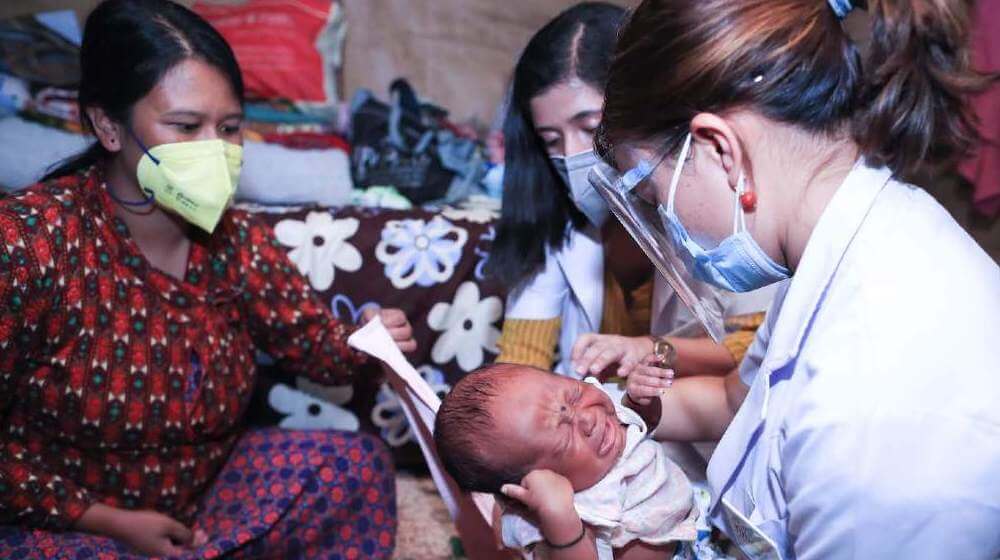
Pregnant women and new mothers are also at increased risk for violence, especially from their partners. One study from the World Health Organization found that 4-12% of all pregnant women experienced abuse during their pregnancies. However, violence against pregnant women is more common in some regions than in others. While one of the biggest predictors for violence during pregnancy is violence before pregnancy, up to 25% of women are first abused while pregnant. And, as many as one-quarter of new mothers experience violence.
Violence during and after pregnancy can occur for a variety of reasons, including son preference and young motherhood. Child brides, for example, are more at risk of violence than their unmarried peers because the added responsibility of a pregnancy in an already difficult relationship can increase strain between partners. Further, in societies that prefer sons over daughters, women who give birth to daughters can experience violence. UNFPA works to support all survivors of violence with medical care, psychosocial counseling, and legal support. The agency also works to combat son preference in communities where it exists.
Economic and housing insecurity
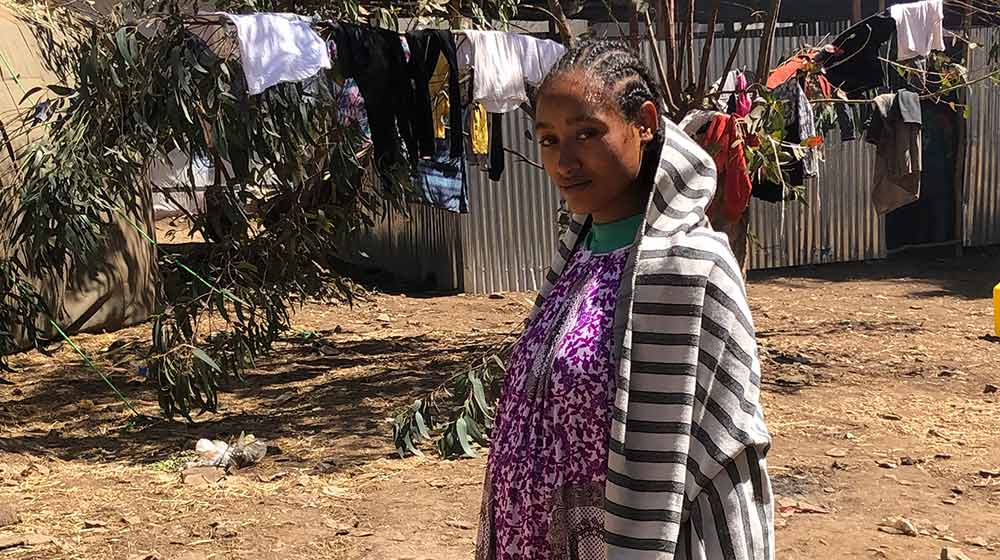
The stress of providing for a new baby and recovering from childbirth can be overwhelming. Tragically, some women don’t have a safe space to bond with their newborns. Migrating mothers, for example, may have had to give birth without a health care worker and while fleeing an emergency.
For other women, the inability to work after childbirth can be a source of stress. Just over a quarter of employed new mothers receive paid parental leave. However, many women around the world are informally employed and lack protections like paid maternal leave. In these cases, women may not be able to take time to recover after childbirth without losing necessary income. This pressure can increase for women heads of households, where their income keeps their family out of poverty. Taking leave, even for childbirth, could mean risking her employment and finding it difficult to reenter the workforce later. UNFPA provides women with skills training programs, where they learn an income-generating skill to support themselves and their families. The agency also provides delivery care to migrating mothers through mobile health clinics and emergency birth kits.
New mothers face a variety of issues that are both distinct from and tied to the health of their pregnancies, their newborns, and their relationships. Your support ensures that new moms have the care and support they need for themselves and their babies, no matter what.
-Dana Kirkegaard